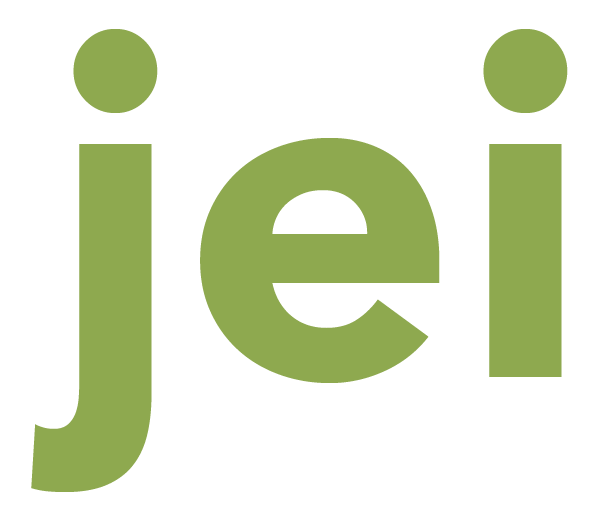Influencing the UN Habitat 3 Agenda at Africa Regional Meeting [BLOG]
/The UN Habitat 3 Africa Regional Meeting took place in Abuja, Nigeria from 22-26 of February 2016. The meeting was convened in order to gather stakeholders from across Africa to discuss the particular issues and priorities of African countries in the lead up to the Habitat 3, a UN-wide conference on Housing & Sustainable Urban Development taking place in Quito, Ecuador from 17 - 20 October 2016. The focus of Habitat 3 will be to “reinvigorate the global commitment to sustainable urbanization, to focus on the implementation of a New Urban Agenda, building on the Habitat Agenda of Istanbul from 1996.” The formal outcome of the Africa Regional Meeting was the Abuja Declaration (available online here: https://www.habitat3.org/abuja) – a unified statement adopted by all of the African governments present identifying “Africa’s Priorities for the New Urban Agenda.”
The SDI delegation in attendance was comprised of members of both the Nigerian and Ghanaian Federations and support NGOs.
Our strategy and objectives:
Our objectives at that UN Habitat 3 Africa Regional Meeting were simple: ensure that voices and priorities of the urban poor are incorporated into the common African position as reflected in the final Abuja Declaration (which will form a basis for the New Urban Agenda). Our key messages were:
Active partnerships between local governments and organised communities of the urban poor are critical
Inclusive policy making and development planning must include specific mention of the informal sectors of the city (e.g. informal settlements)
Implementation and monitoring of the Sustainable Development Goals must take place at the local level, and in partnership with organised communities of the urban poor
Although not all of our suggestions were ultimately reflected in the Regional Meeting outcome document, termed the Abuja Declaration, many of our key priorities appeared in its recommendations. Pasted below are portions of the first three recommendations contained within the Abuja Declaration, with the sections reflecting our contributions highlighted in yellow.
While we believe that many of the above points wouldn’t have been reflected in the Abuja Declaration without our direct participation, the Abuja Declaration isn’t perfect. Areas where the Abuja Declaration is lacking, and where more advocacy is needed during the remaining thematic and regional meetings as well as at the UN Habitat 3 conference in Quito in October 2016, are as follows:
- Nowhere in the document are the “urban poor” specifically identified as a key constituency in the New Urban Agenda. Although the general reference to “participatory approaches and consultative frameworks” in Recommendation 2 is important recognition of the need for inclusion in urban planning and governance, the Abuja Declaration doesn’t clearly spell out who must be included.
The terms “slums” and “informal settlements” only appear once (and only in reference to creation of disaster resilient infrastructure in Recommendation 5). Instead, the Abuja Declaration focuses intensely on the concept of “human settlements” (which specifically appear on 21 occasions throughout the document) – which are notably neither specifically poor or even urban.
Indeed on no less than 8 occasions in the Abuja Declaration there is reference to “urban and human settlements” which suggests that the New Urban Agenda is not necessarily urban-focused.
There is only one mention of “rights” within the Abuja Declaration (in Recommendation 2), which merely suggests that they should be “taken into account,” rather than referring to the foundational human rights framework of ‘protect, respect, promote, and fulfill.’ This is a notable shift from the UN Habitat 2 outcomes, which were more firmly grounded in the human rights framework and language. This is particularly problematic where development-based displacement, and violent forced evictions of the urban poor continue unabated in many African countries, particularly Nigieria.
It is also notable that there is no mention of alternative land tenure models or land and property rights specifically in the Abuja Declaration – although this is not surprising, as there was very little mention of either throughout the plenary discussions by the governments and experts in attendance. Indeed, the only concrete mention of rights during the formal plenary came during the presentation of Justice Ntaba of Malawi – whose voice and perspective was singular on this point (see above section on the ‘Main plenary sessions’ for further elaboration on her presentation).
There are only two mentions of “local governments” and one mention of “decentralized urban management” within the Recommendations of the Abuja Declaration, suggesting that the local governments are merely one of a list of actors that need to be “empowered” (see Recommendation 3) and “strengthened” (see Recommendation 5). Moreover, there is no mention of the need to links and active partnerships between local governments and organized communities of the urban poor.
There only mention of the 2030 Agenda for Sustainable Development is with regard to strengthening UN Habitat (see Recommendation 7), and there is no mention of the need for the organized urban to be key partners in implementing and monitoring the Sustainable Development Goals.








